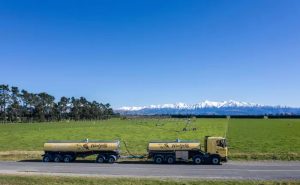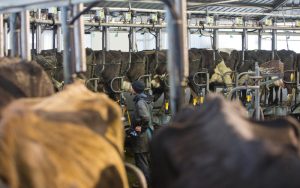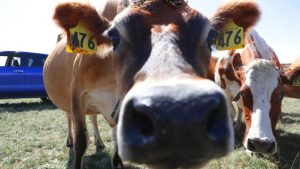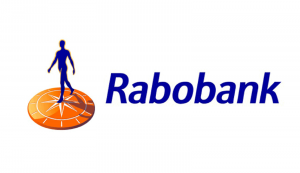
But some dairy exports resumed in June, after falling to zero in April and May following Fonterra’s decisions to end exports and shelve its Russian joint venture because of the invasion.
The latest trade data also indicates some orchardists may still be selling apples to Russia.
Food and other goods worth a total of just under $2.5 million were exported to Russia in June, according to Stats NZ’s provisional figures, down from about $27m of trade in January, before the invasion.
Exports of respiratory apparatus accounted for just under $1.4m, or more than half of the most recent sales.
Fisher & Paykel Healthcare, which makes respiratory equipment that is used to treat people with respiratory diseases and chronic health conditions, is continuing to send supplies to Russia, as it said would be its policy in March.
Medical supplies were commonly excluded from international sanctions, it noted then.
Almost all the remaining exports were food products, mostly apples.
Food exports are also not banned under the current sanctions regime, though most producers have chosen to stop exporting to Russia for ethical and practical reasons.
Stats NZ recorded $259,888 of dairy sales in June, down from $22m in January, though the source of the product appears a mystery.
Fonterra spokesperson Henry Acland said the dairy stopped exporting to Russia at the end of February as promised and it was not involved in the June shipment.
New Zealand exported about $780,000 of apples to Russia to June, according to Stats NZ’s figures, but that trade is likely to have since reduced.
Some of those apples were a final shipment from Hawke’s Bay orchardist Bostock, which announced in May that it would stop exporting to Russia.
Founder John Bostock said in a statement then that he had been appalled by the actions of Russian leader Vladimir Putin and the company had been working through “a complex situation”, which included thinking about its staff who were are based in Russia and their families.
Bostock spokesperson Catherine Wedd said its last shipment of apples, which had been packed prior to its policy change in May, took place on June 8, and it had not exported any apples to Russia since then.
However, it is understood that final shipment did not account for all the apple exports recorded by Stats NZ in June, which suggests some other orchardists are still exporting on a small scale.
Apple and Pear Marketing Board spokesperson Andrew Bristol said it was unaware of the identity of any producers still doing business with Russia.
Other food exports totalled $272,000.
Stats NZ didn’t record exports of any other goods to Russia in June, other than boat sails worth $18,717.

























